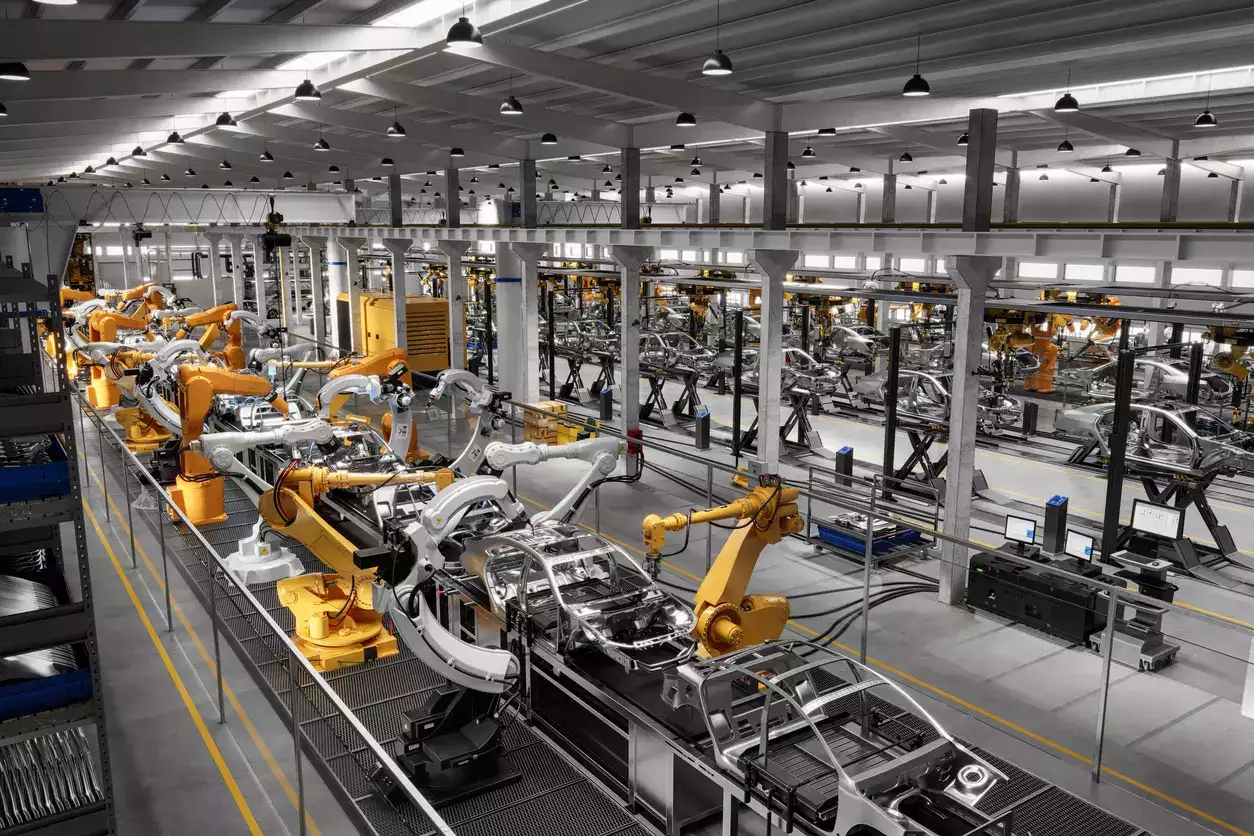 When shortages of semiconductors and other components slowed production and limited inventory, carmakers found it easy to raise prices.
When shortages of semiconductors and other components slowed production and limited inventory, carmakers found it easy to raise prices.A few years ago, automakers were celebrating record profits as the pandemic created shortages of new cars, allowing them to raise prices. Now the hangover is setting in.
Nissan, the Japanese automaker, is laying off 9,000 employees. Volkswagen is considering closing factories in Germany for the first time. The CEO of US and European automaker Stellantis, which owns Jeep, Peugeot, Fiat and other brands, quit after sales tumbled. Even luxury brands including BMW and Mercedes-Benz are struggling.
Each carmaker has its own problems, but there are some common threads. They include a tricky and expensive technological transition, political turmoil, rising protectionism and the emergence of a new class of fast-growing Chinese carmakers. The many woes raise questions about the future of companies that are a crucial source of jobs in many Western and Asian countries.
Many of these problems have been apparent for years but became less pressing during the pandemic, lulling some automakers into complacency. When shortages of semiconductors and other components slowed production and limited inventory, carmakers found it easy to raise prices.
But that era is over and the industry has reverted to its prepandemic state, with too many carmakers chasing too few buyers.
Many car factories worldwide are making many fewer cars than they were built to produce. When automakers don’t earn a decent return on their factories and machines, there is “a massive effect on profitability,” said Simon Croom, a professor of supply chain management at the University of San Diego. “The difference between profit and loss is a very fine line in the auto industry.”
